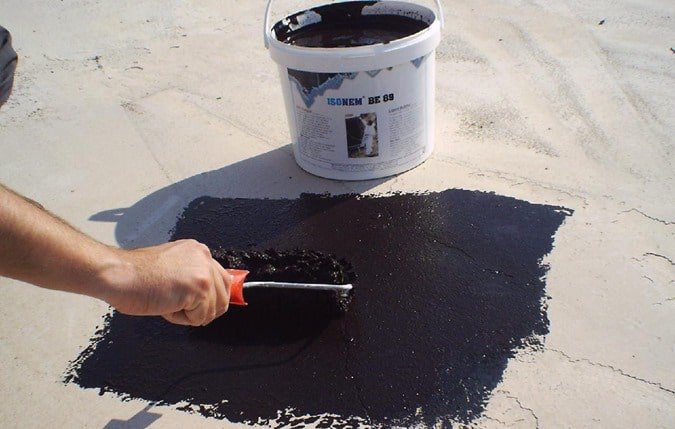Demand for bitumen in Kenya is currently high due to the government allocating more funds for roads construction. According to Metro Petroleum, there is increased uptake of the product as the government is making significant investment with a plan to initially spend Sh200 billion in the road construction sector.
Managing director Bill Rotich said industry players expect bitumen used in Kenya to be over 18,000 metric tonnes due to the many planned and ongoing construction activities. “Over 18,0000 metric tonnes of bitumen will be used this year. Prior to 2004, demand was historically very low as the government was by then not investing significantly in roads infrastructure,” he said. Firms involved in selling bitumen include Shell, Total, KenolKobil, Engen and Pan African Petroleum among others.
Data complied by Petroleum Institute of East Africa shows that the Mombasa based Kenya Petroleum Refineries Ltd produced 3,358 metric tonnes of bitumen between January and March this year. It is also imported either in bulk or drums of 200 kilogrammes. The main sources of imported bitumen are Egypt, Saudi Arabia, Iran and Turkey.
Statistics from the Kenya Revenue Authority indicate that increased road construction activities led a rise in the use of bitumen with 4,205 metric tonnes consumed in the first quarter of 2009. Consumption has risen steadily from 11,650 metric tonnes recorded in 2006, to 14,643 MT in 2006, with 16,677 metric tonnes recorded in 2007 and all time high of 17,733 MT last year.
According to Mr George Wachira, a director of Petroleum Focus (a consultancy firm), Kenya has a facility for handling imported heated bitumen at Mbaraki along the Indian Ocean shore in Mombasa. “Engen-owned Mbaraki facility has a capacity of 3,000 MT. It acts as a wholesaler due to being the only player with storage handling facilities and is therefore the only bulk importer,” he said.
Bitumen attracts 10 per cent import duty, 16 per cent Value Added Tax, Petroleum Development Levy of Sh0.40 and import declaration fee of 2.25 per cent. Mr Wachira said the government requires that imported bitumen must have a certificate of origin and comply with specifications set by Kenya Bureau of Standards.
Ministry of Roads also issues a compliance certificate if the bitumen is to be used for any government financed project. A dealer is under obligation to take a sample to the ministry for testing. KenolKobil last year ventured into a new bitumen packaging method in a bid to reduce costs and cut environmental hazards occasioned by the use of drums in packaging.
The new method, using BituBags, is an efficient, cost-effective and environmental-friendly way of packaging and transporting bitumen. It reduces hazards posed by discarded drums. KenolKobil entered into a BituBags supply venture with SBI International Limited for construction of section of the road between Athi River and the Machakos turn-off junction along Mombasa Road.
BituBags are ideal for use in developing countries without any or sufficient infrastructure for receiving bulk bitumen like Kenya, and eliminates residue waste experienced in the use of drums. The technology is widely used in countries like Australia, Indonesia, Iran, Singapore and Japan.
Meanwhile, Kenya consumed three million cubic metres of petroleum products between January and September this year as the economy started recovering from the global financial crisis. Data compiled by PIEA shows that fuel sales increased to 3,066,416 cubic metres in January to September 2009 from 2,749,804 cubic metres in a similar period last year.
The institute’s general manager Wanjiku Manyara said the economy started withering effects of financial crisis and diesel’s usage went up as Kenya increased thermal generation as drought affected output of hydro plants.

